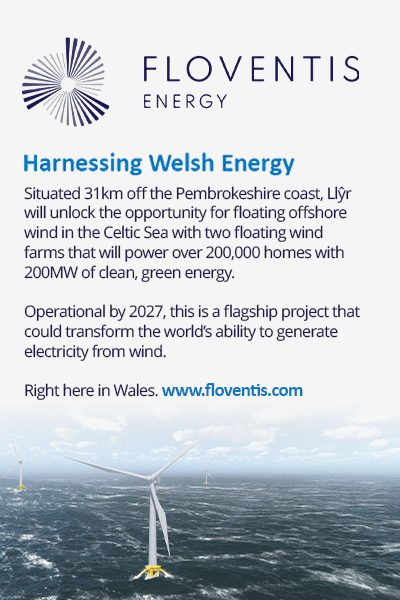
WRITTEN BY:
Bethan Proctor,
Community Housing Cymru.

Housing associations play a huge role in the decarbonisation of homes.
As we support our members through this journey, one critical aspect consistently stands out – the essential role of tenant engagement. Without the support and understanding of tenants, efforts can falter, leading to a potential loss of trust and reluctance to embrace necessary changes.
Community Housing Cymru (CHC) actively assists our members in navigating these challenges by sharing best practice examples of tenant engagement. This collaborative approach allows housing associations to learn from each other's experiences, determining what strategies are effective and which are less so.
There are many successful initiatives currently unfolding across Wales. With the support of the Welsh Government’s Optimised Retrofit Programme, which funds the testing and piloting of innovative technologies, housing associations have begun to make significant inroads into retrofitting homes to high energy efficiency standards.
For instance, in 2020 Pobl, in partnership with Sero, launched the Penderry project in Swansea. This initiative marked the UK's largest local energy retrofit endeavour at the time, enhancing nearly 700 homes with renewable energy generation, energy storage, and smart energy management technology.
Another notable project is led by Adra in North Wales which, in collaboration with Grwp Llandrillo Menai and Bangor University, is spearheading the development of the UK’s first decarbonisation hub, Ty Gwyrddfai. This ambitious project aims to assist communities and businesses in North West Wales in retrofitting 18,000 homes over the next decade.
Direct tenant engagement is absolutely key. Trivallis, one of our members, has invested in a dedicated team of tenant liaison officers who engage directly with residents, explaining the retrofit process and addressing concerns on a one-to-one basis. This personal approach helps in demystifying the retrofitting process and emphasises the tangible benefits of decarbonisation.
For tenants, the advantages are clear: homes become warmer and therefore more comfortable – and they are cheaper to heat. This not only alleviates the financial burden on families, potentially lifting them out of fuel poverty, but decarbonisation can also benefit communities and create jobs.
For housing associations, these efforts align closely with broader environmental goals, providing a blueprint for sustainable living that other sectors may well emulate. As we continue to champion these initiatives, it becomes increasingly apparent that housing associations are not just providers of shelter but are crucial catalysts in the transition to a sustainable future.
Through educating, engaging, and empowering tenants to embrace these changes, housing associations ensure they understand the environmental, economic, and personal benefits of such transformations.
In doing so, we do not just retrofit homes; we are building resilient, informed communities equipped to face the challenges of tomorrow.







